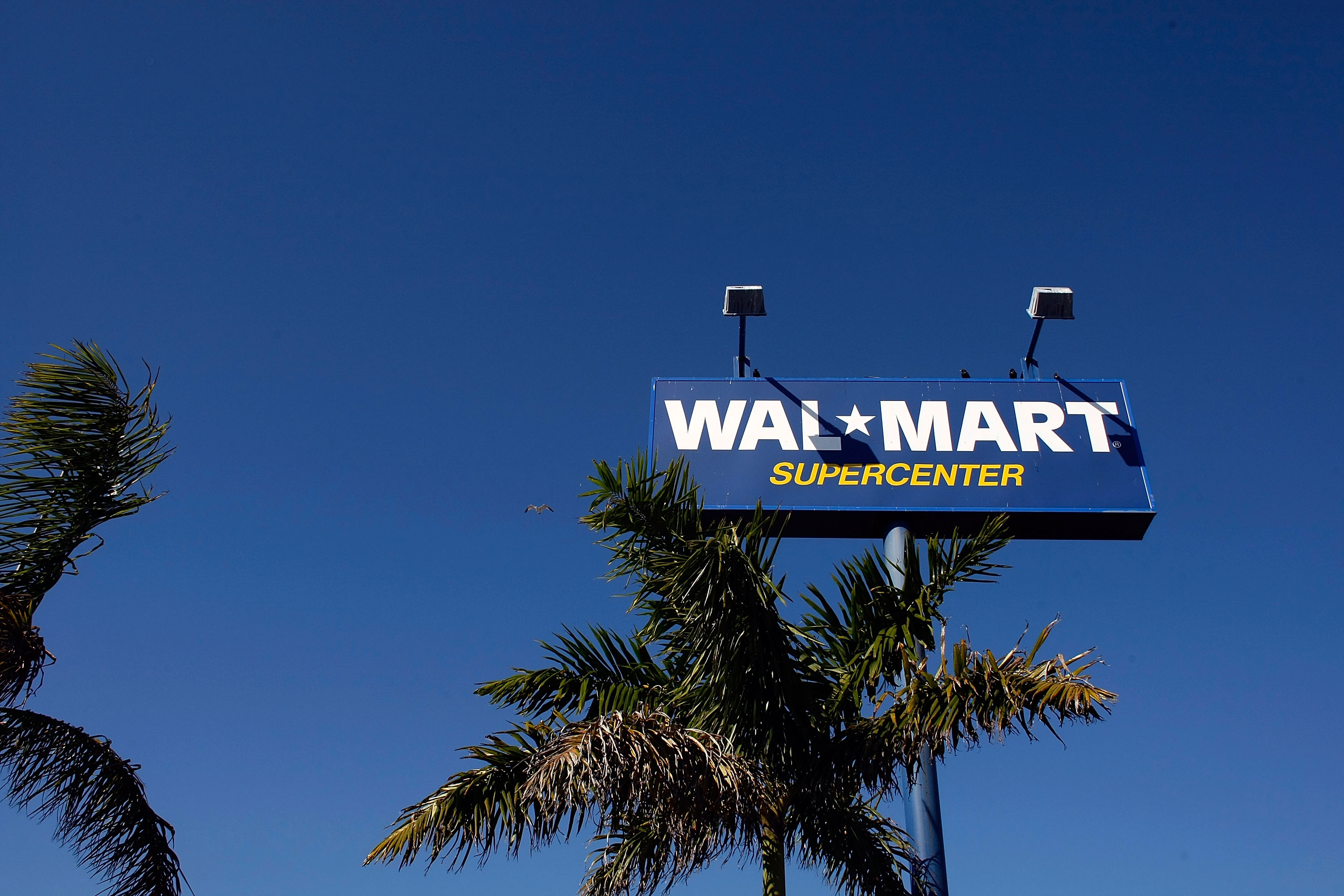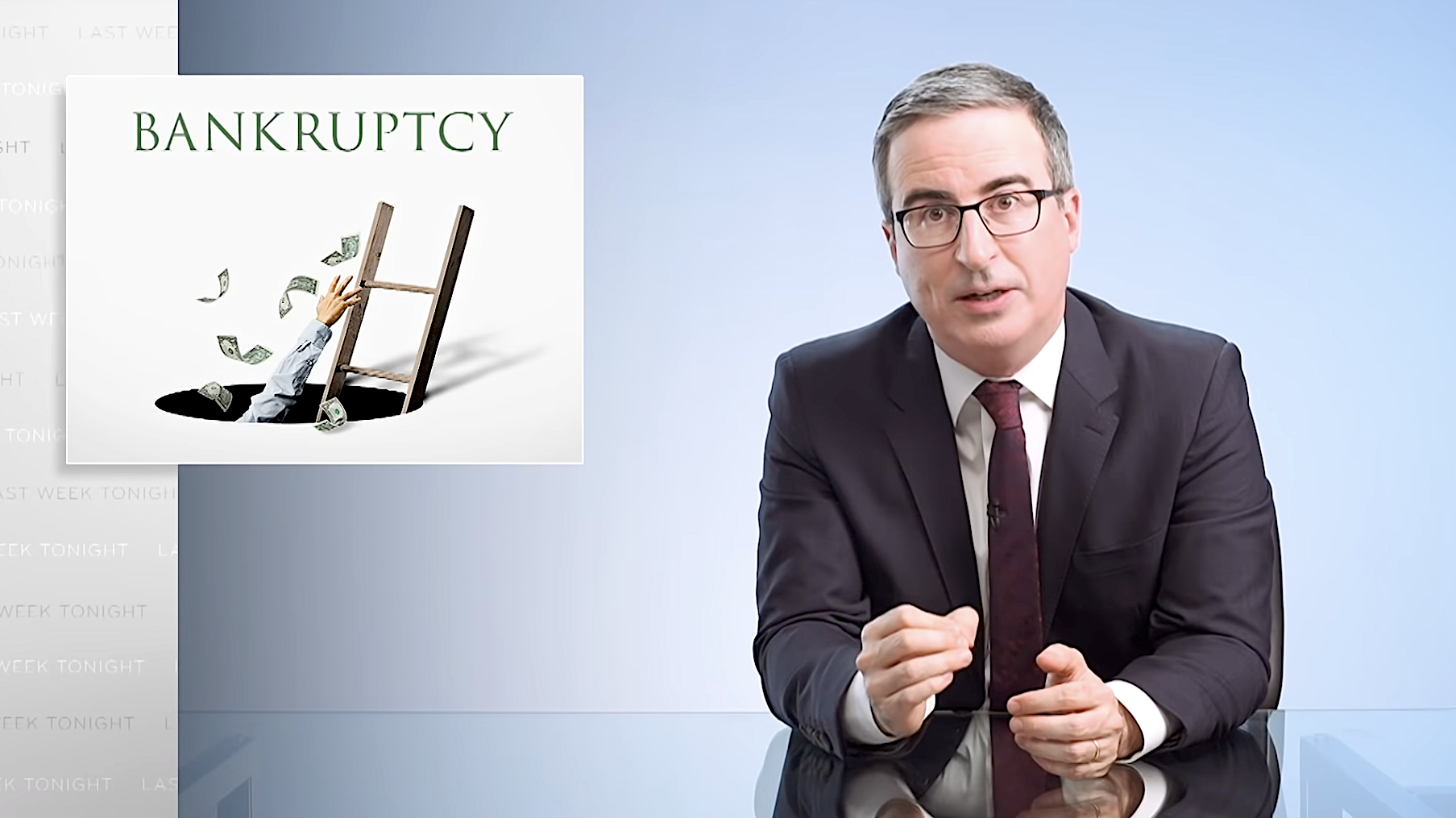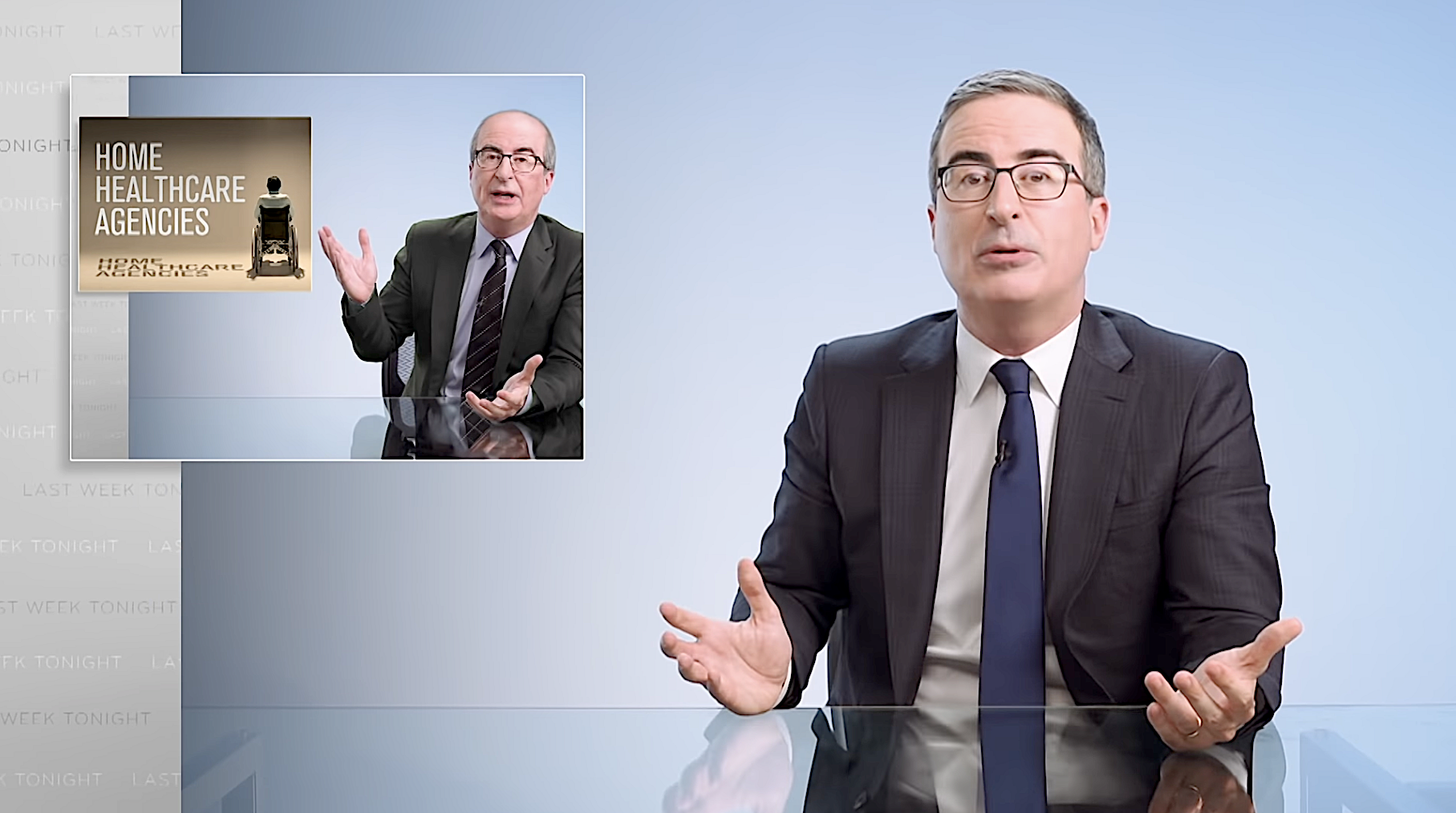Why criminals flock to Walmart
It's usually the only game in town


Walmart, it turns out, has a crime problem. And the reason says a lot about how the retail giant does business and its place in the larger economy.
Time reported last week that police in many communities get more calls to Walmart shopping centers than anywhere else. For some stores, police are called multiple times a day. The problem appears to be far larger for Walmart than for competing retailers like Target. And the crime ranges from mostly standard shoplifting and petty theft to the occasional rape, stabbing, shooting, murder, or meth lab hidden in a 6-foot drainage pipe under the store parking lot.
"I've got all my bad guys in one place," Darrell Ross, a Tulsa police officer permanently stationed at the local Walmart, joked to Bloomberg.
The Week
Escape your echo chamber. Get the facts behind the news, plus analysis from multiple perspectives.

Sign up for The Week's Free Newsletters
From our morning news briefing to a weekly Good News Newsletter, get the best of The Week delivered directly to your inbox.
From our morning news briefing to a weekly Good News Newsletter, get the best of The Week delivered directly to your inbox.
Critics in both stories point to Walmart's aggressive cost-cutting, beginning in 2000 with the tenure of former CEO Lee Scott, as a big part of the problem. Retail consultants told Time that Walmart likely has about 400,000 fewer workers in the U.S. today than a decade ago. In giant stores that can range up to five acres, that translates into one worker for every 524 square feet of retail space — a 19 percent decrease in workers per square foot from 10 years ago. The greeters at the entrances are gone, many cashiers have been replaced with automated checkout scanners, and there are simply fewer eyeballs monitoring everything than before.
That all proved beneficial for Walmart's bottom line, as sales per employee grew 23 percent over that same time period. But just like some Walmart detractors accuse the company of relying on government aid programs to subsidize its workers, critics say Walmart is skimping on security and implicitly farming the cost out to publicly-financed police forces.
"It's ridiculous — we are talking about the biggest retailer in the world," Robert Rohloff, a police sergeant in Tulsa, told Bloomberg. "I may have half my squad there for hours."
Walmart is making some moves to solve the problem, like installing eye-level security cameras and moving more of its remaining employees towards the exits. The company is going to spend $2.7 billion to raise wages throughout its stores, and thus hopefully boost morale and training. Walmart is also rolling out a program whereby shoplifters, instead of having the cops called on them, can pay a fee and take a theft-deterrence class.
A free daily email with the biggest news stories of the day – and the best features from TheWeek.com
Burt Flickinger, the managing director of Strategic Resource Group, a retail consultant, told Bloomberg that the most straightforward fix is just for Walmart to spend the necessary money — and that $2.7 billion isn't enough. He estimated the company needs to spend at least $3.25 billion a year on additional part-time work, and even that wouldn't bring them to the ratio of workers per square foot they had in the 1990s. The idea would be to get Walmart's operations closer to those of its competitors like Target, which just has a lot more workers for its space. (Though it doesn't necessarily pay them more.)
But the Target comparison also reveals a bigger reason for why Walmart cuts corners. Target has steadily enjoyed larger profits than Walmart: Its financial statements from 2015 show a profit margin of 4.6 percent, versus just 3 percent for Walmart. That 3 percent amounted to $14.7 billion, which would be cut by a quarter just by Flickinger's recommendations. Add on the general pressure for Walmart to pay a living wage and such, and its profit margin starts to quickly shrink.
Despite investing in a larger employee force to monitor its stores, and a few other measures, Target enjoys a higher profit margin.
That's probably because of the company's overall business strategy, which relies on smaller stores and a more affluent customer base. Walmart shoppers earn 18 percent less than Target shoppers on average, and the gap between them and Costco or Macy's shoppers is even bigger. Walmart brings in way more shoppers who make under $25,000 than Target. And as you keep going up the income ladder, Walmart's share of the customer base shrinks while Target's increases.
Walmart's business model relies on low prices because it serves a precarious and low-wage customer base. And Walmart operates in a world where recoveries from recessions are grindingly slow, incomes have stagnated or even fallen for the middle and lower slices of American workers, and where big cities are the few remaining islands of economic vibrancy.
So it has to keep cutting prices to keep up with its customers' ability to pay. But Walmart is also the country's biggest employer, and the biggest employer in 19 states. So when it holds down pay to make its price cuts financially viable, it ends up creating a vicious cycle. All the while, Walmart has trouble keeping a profit margin compared to upscale competitors.
Walmart's lawbreaking problem is, to some extent, an outgrowth of where its stores are located. Impoverished communities are more likely to be afflicted by crime in general, and these days a Walmart store is often the biggest retail hub — or even the biggest hub for economic activity, period — in those communities. Critics of the crime problem also point out that Walmart stores — unlike Target — are open 24 hours to allow people to congregate or camp out in parking lots. But that's part and parcel of the outsized social role Walmart stores can play in these dying communities: "They can easily generate more traffic than the whole town," Charles Fishman, author of The Wal-Mart Effect, told Time. "By pure numbers, the crime is going to be where the people are."
So certainly, some of Walmart's ruthlessness is a choice by the company's leadership. But some of it is a necessity, making Walmart a creature of our broader failure to create opportunity for low-income Americans: You can be ruthless and sell to these consumers, or not be ruthless and not sell to them at all.
Neither Walmart nor any other private business can work with money that isn't already there.
Jeff Spross was the economics and business correspondent at TheWeek.com. He was previously a reporter at ThinkProgress.
-
 High Court action over Cape Verde tourist deaths
High Court action over Cape Verde tourist deathsThe Explainer Holidaymakers sue TUI after gastric illness outbreaks linked to six British deaths
-
 The battle over the Irish language in Northern Ireland
The battle over the Irish language in Northern IrelandUnder the Radar Popularity is soaring across Northern Ireland, but dual-language sign policies agitate division as unionists accuse nationalists of cultural erosion
-
 Villa Treville Positano: a glamorous sanctuary on the Amalfi Coast
Villa Treville Positano: a glamorous sanctuary on the Amalfi CoastThe Week Recommends Franco Zeffirelli’s former private estate is now one of Italy’s most exclusive hotels
-
 The pros and cons of noncompete agreements
The pros and cons of noncompete agreementsThe Explainer The FTC wants to ban companies from binding their employees with noncompete agreements. Who would this benefit, and who would it hurt?
-
 What experts are saying about the economy's surprise contraction
What experts are saying about the economy's surprise contractionThe Explainer The sharpest opinions on the debate from around the web
-
 Late night hosts joke about Trump's forced exodus from Facebook to blog
Late night hosts joke about Trump's forced exodus from Facebook to blogSpeed Read
-
 Fox News admits Biden doesn't actually want to cancel meat. Late night hosts pounce anyway.
Fox News admits Biden doesn't actually want to cancel meat. Late night hosts pounce anyway.Speed Read
-
 The death of cities was greatly exaggerated
The death of cities was greatly exaggeratedThe Explainer Why the pandemic predictions about urban flight were wrong
-
 Manhattan D.A. will stop prosecuting sex workers, not their clients, pimps, or sex traffickers
Manhattan D.A. will stop prosecuting sex workers, not their clients, pimps, or sex traffickersSpeed Read
-
 John Oliver explains personal bankruptcy, how credit card lobbyists and lawyers make it much worse
John Oliver explains personal bankruptcy, how credit card lobbyists and lawyers make it much worseSpeed Read
-
 John Oliver explores problems with U.S. nursing homes and long-term care, suggests you pay attention
John Oliver explores problems with U.S. nursing homes and long-term care, suggests you pay attentionSpeed Read
